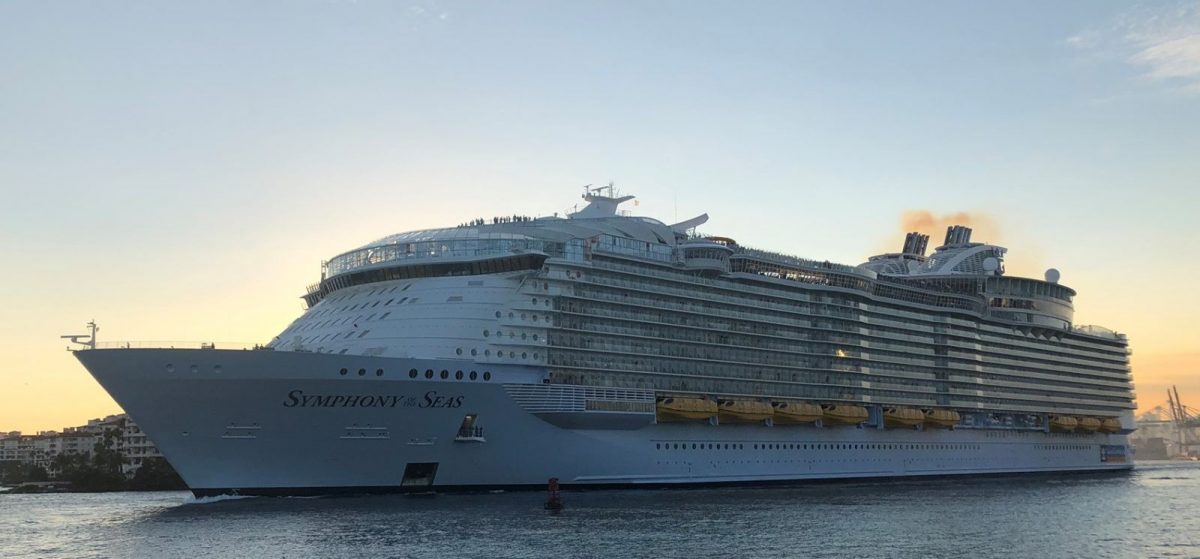How will Hays Travel succeed where Thomas Cook failed?

When the news broke early today that Hays Travel had snapped up Thomas Cook’s entire UK network of 555 shops, amidst all the euphoria and delight for the 2,500 employees who have been all but promised re-employment, there were a few raised eyebrows.
After all, one of the reasons given for Thomas Cook’s failure was its decision to rapidly expand its high street presence through its merger with The Co-operative at a time when more and more bookings were shifting online.
Hays Travel’s acquisition of Thomas Cook’s 555 shops from the liquidator takes it from 190 stores to 745 overnight. Not only that, but it’s not exactly a secret that some of these stores would have been making a loss. What on earth are the owners John and Irene Hays doing?
Travel industry analyst Nick Wyatt of GlobalData described the acquisition as ‘a bold move, which might pay off, as long as Hays has negotiated well’.
"Much will depend on the terms of the deal. As this is breaking news, we don’t yet know the cost of the deal, what terms can be agreed with landlords for example, but this was most certainly a buyer’s market situation so Hays should have been able to negotiate favourable terms," he added.
"Thomas Cook’s demise was the result of a multitude of factors, but at the core was a mountain of debt that was just too costly to service. Group revenue was £9.6 billion for FY2018, so there is still demand for some of the company’s services.
"Hays should be able to operate without the millstone of debt round its neck and the publicity around the Thomas Cook collapse may even spur people to seek out ATOL protected package holidays for peace of mind, which will play into Hays’ hands.
"The deal is not however, without peril. It will have to conduct a review of store locations and operations and there may be a need for a rationalization at some point, particularly in areas in which Hays already has a strong presence. Hays will also need to make sure it invests in digital trends as competitive online threats to a large store network are legion."
Although it’s true that some of the terms of the deal – including the price paid for the shops – have been kept under wraps, Hays, a family business wholly owned by John and Irene Hays, confirmed that it had not taken on any debt to finance it.
In a media briefing this morning, John Hays insisted that all 555 shops will re-open, even those that weren’t making any money under Thomas Cook. In fact, as part of the deal struck with the liquidators at 11.53pm last night, Hays has committed to taking on the leases of all Thomas Cook stores for at least the next six months.
Clearly the performance of each store will be under review, but John insisted there are no plans to close any, even where there is overlap with existing Hays stores.
"We are quite optimistic," he said. "We are a successful business and because we are independent and we offer all tour operators, we are optimistic we will trade well.
"We are the UK’s third largest agent for TUI and Jet2 and we are very large with Cunard and Royal Caribbean, we will sell every accredited tour operator and we offer excellent customer service."
While the terms of the deal with the liquidator lock Hays into the existing Thomas Cook leases for the time being, the company will clearly be looking to renegotiate terms with some landlords, especially for those loss-making stores.
Irene Hays said they had made initial contact with 140 of the landlords. Within the next nine months, many of the leases will come up for renegotiation, however, she said they will retain the ‘vast majority’.
While some Thomas Cook stores were running at a profit, Irene acknowledged that some were loss-making, but she said that without the head office costs, its retail branches were profitable overall.
"In many locations the rents are very high and quite a few shops were losing money," she said. "However, we don’t pay ourselves a lot of money, we don’t have grandiose offices in the city or anywhere else, and there are a number of factors that de-risk the business.
"We’re not reckless, we need to get in there and have a look at these shops."
Addressing the issue of bookings moving online, John Hays said two-thirds of Hays’ customers who booked in store had already engaged with the agent digitally, either on its website or on social media.
"The point of difference between Hays and Thomas Cook is that if you ask Thomas Cook employees if the web is their friend they’d say no because of the price differentials online, they think of the web as their enemy, but Hays staff think of the web as their friend.
"Every day seven people who make enquiries in our shops will have come via Hays’ website. We have a very different strategy to Thomas Cook and I am optimistic and confident for the future.
"The death of the high street travel agent is something we’ve heard for years, but we are very successful."
Irene pointed out that it was exactly six years ago to the day that Hays bought Bath Travel in the southeast, doubling the size of its business. "That was a similar deal and there were some very poor shops, but now they’re all good," she said.
Undoubtedly Hays is a successful £1.2 billion business. Irene credited the ‘high degree of empowerment’ of Hays’ travel staff, plus the high level of staff engagement, for some of its success.
"Our people are allowed to bring their personality to their shop, we are unusual in that respect, our staff don’t have to follow style guidelines in the way they do with big corporates," she said.
Hays is also a nurturing environment for new recruits, added Irene. Some 43% of its senior managers started as apprentices.
Asked whether such a large independent can survive and whether there is enough product for it to sell, John said: "We are absolutely certain there is enough product for us to succeed."
 United Kingdom
United Kingdom United States
United States Asia Pacific
Asia Pacific












































CLIA expands trade support with expedition event
Qatar Airways adding Manchester flights
Jet2 unveils Samos as new Greek destination for summer 2026
EU entry-exit system delayed again
ATC strike in Greece could disrupt flights this week